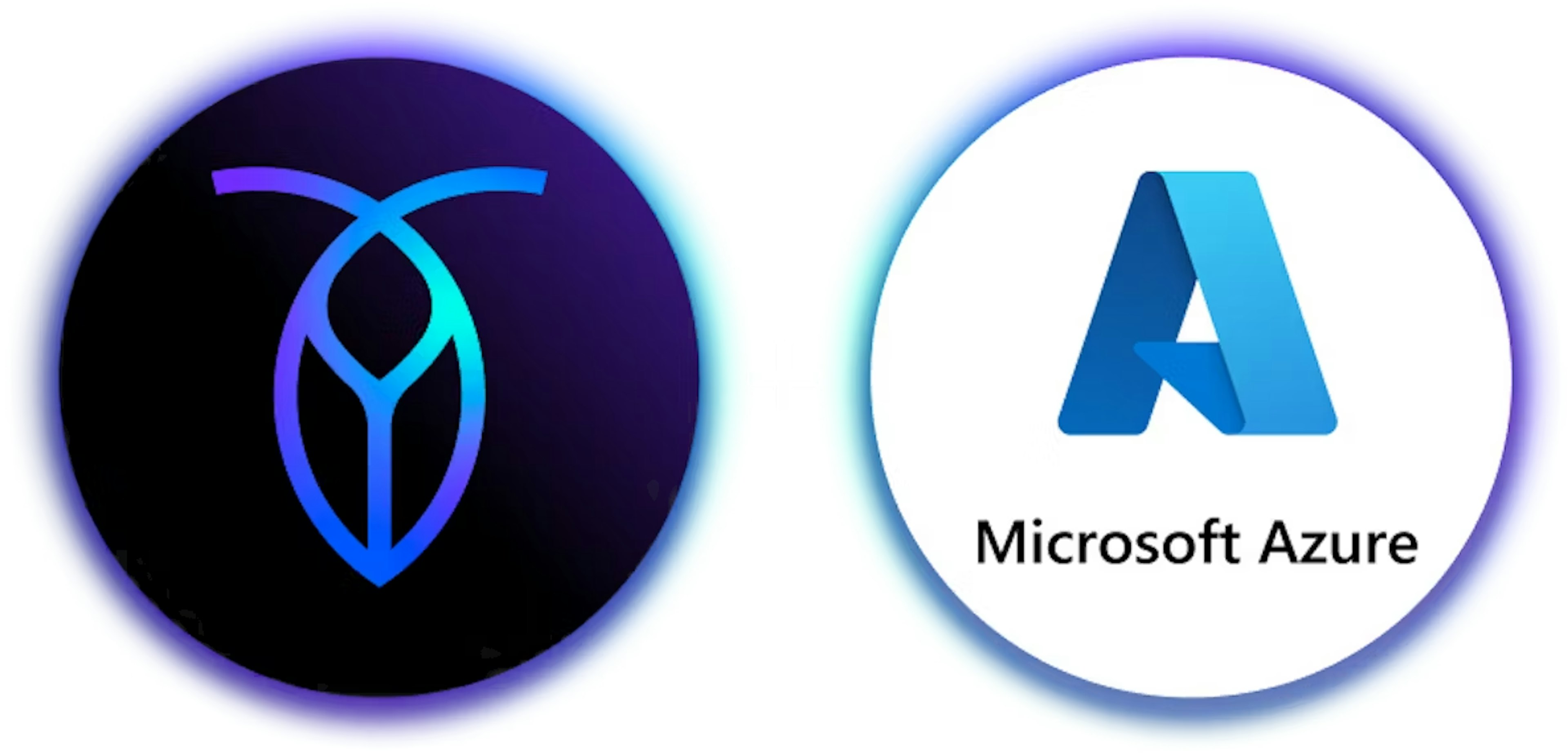
Blog
View all
System
How online schema changes are possible in CockroachDB
I periodically need to make changes to tables. Adding columns is very simple with the ALTER TABLE command… But my tables have up to 40 million rows now, and they are growing fast. So those alter table commands take several hours… Since I’m using Amazon RDS, I can’t have replica servers to play with offline and then promote to primary in prod. So my question is if there’s a way to do this with minimal downtime? I don’t mind an operation taking hours or even days if users can still use the db…” — Stack Overflow, serverfault

Michelle Gienow
November 8, 2023
City Storage Systems: CockroachDB on Kubernetes at global scale
Here's how City Storage Systems built a highly available, highly performant persistence layer that works for mission-critical workloads at global scale WITHOUT needing a massive team.

Charlie Custer
November 7, 2023
CockroachDB Node Locality: Why it's important and how to set it in Kubernetes
CockroachDB nodes can be distributed across multiple locations across the globe to ensure that the data can survive outages. Learn about node locality, why this is important in CockroachDB, and how to set this in Kubernetes environments.
Mike Bookham
November 6, 2023
How to dynamically map Azure managed identities to CockroachDB SQL users
Here's how companies using Azure can allow access to CockroachDB for all approved users by dynamically mapping users in Azure Active Directory to a matching SQL user created in CockroachDB.

Charlie Custer
November 3, 2023
Product
What is a serverless database?
Before we define what a serverless database is, perhaps we should talk about what serverless means more broadly, and why there seems to be building momentum behind this general paradigm.

Jim Walker
November 2, 2023
Santander: Hacking human error to achieve operational resilience
The root cause of many outages is human error. At RoachFest23, Thomas Boltze (Head of Cloud and Engineering Excellence with Santander) shared the core tenets of building operationally resilient systems and how to practice them in the real world — fallible humans and all.

Michelle Gienow
November 1, 2023
The Halloween Problem: a spooky (and true) SQL story
The Halloween Problem is a rare but scary issue that can haunt relational databases, mutating your data in unexpected ways if you're not careful.

Charlie Custer
October 31, 2023
SQL performance best practices: performance tuning to speed up your database
Learn how to optimize your relational database for better performance, including tuning queries, adding indexes, adjusting your schema, and more!

Charlie Custer
October 23, 2023
Accidentally multi-cloud: Mergers, acquisitions, and deployments
In this article, we share some key considerations for a technology leader involved in an M&A process and discuss the benefits of choosing flexible, cloud-agnostic technologies.

Domenic Ravita
October 20, 2023
Get started for free









